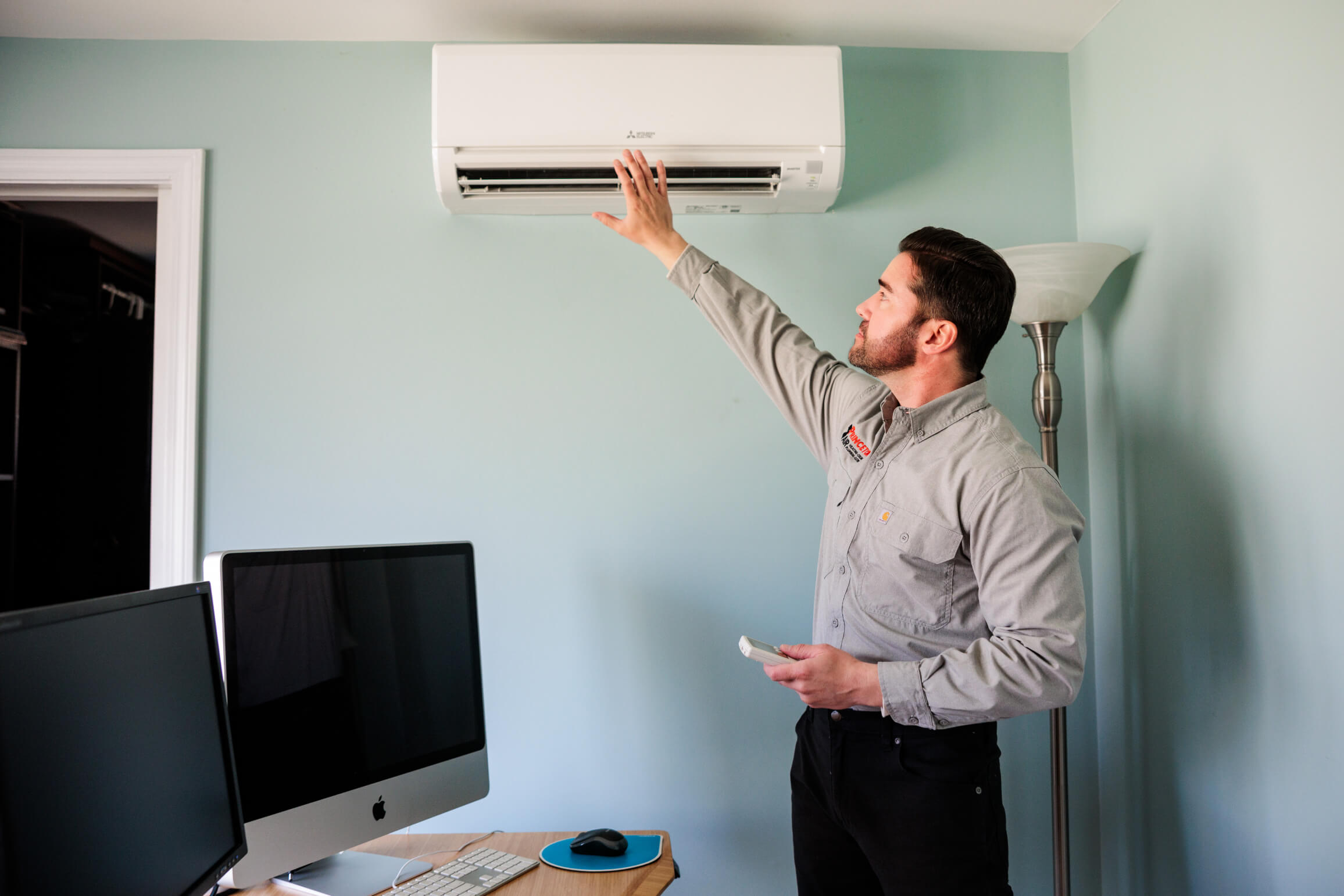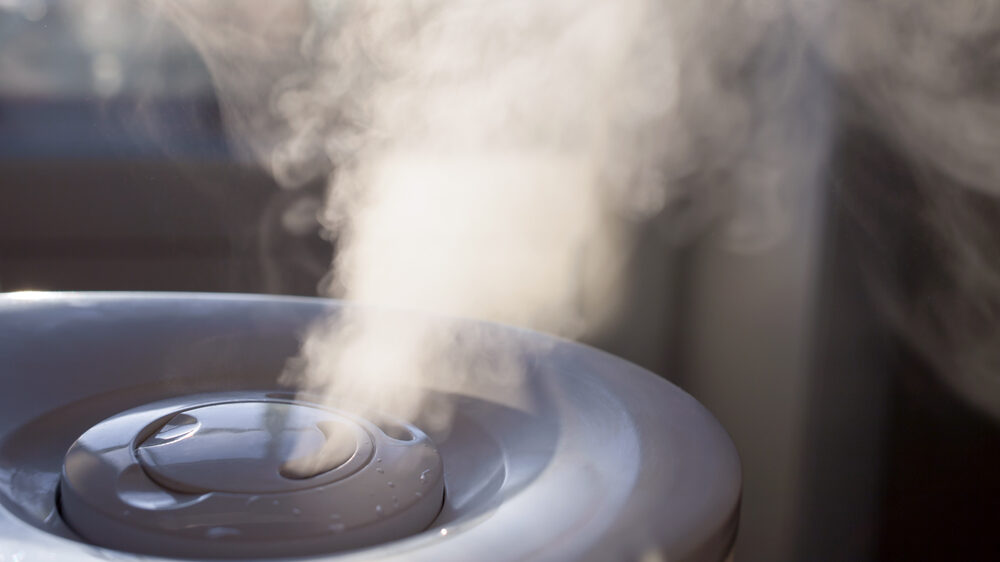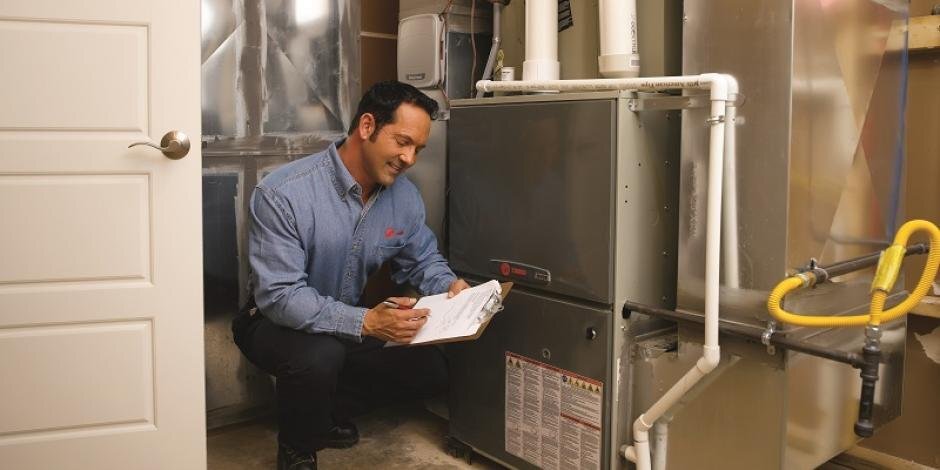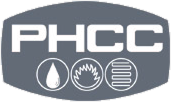
In the bustling state of New Jersey, where the winters can be quite chilly, homeowners are on the lookout for efficient and cost-effective heating solutions. Heat pumps have become a popular topic of conversation, but the question remains: are cold climate heat pumps worth the hype in New Jersey? Let’s explore what heat pumps are, how they work, and whether they are a viable option for your home.
What is a Heat Pump?
A heat pump is an innovative heating and cooling system that transfers heat from one place to another. Unlike traditional heating systems that generate heat by burning fuel, heat pumps move heat using a refrigeration cycle. This makes them highly energy-efficient.
How Do Heat Pumps Work?
Heat pumps work by extracting heat from the outside air, even in cold weather, and transferring it indoors. During the summer, they can reverse the process to cool your home by removing heat from the inside and releasing it outdoors. This dual functionality makes them versatile and energy-saving.
How Does a Heat Pump Work in Winter?
In winter, even when the air outside feels cold, there is still some heat energy present. A heat pump captures this heat and moves it indoors. The system uses a compressor and a refrigerant to absorb and release heat, effectively warming your home. The efficiency of heat pumps in cold weather has improved significantly with advancements in technology, and Princeton Air installs the latest cold climate models designed for New Jersey winters.
The Advantages of Heat Pumps
Energy Efficiency
One of the main advantages of heat pumps is their energy efficiency. They can provide up to three times more heat than the energy they consume, making them an economical choice for homeowners looking to reduce utility bills.
Environmentally Friendly
Heat pumps are environmentally friendly because they use less electricity and do not rely on fossil fuels. This reduces your carbon footprint and contributes to a cleaner environment.
All-in-One System
Since heat pumps can both heat and cool your home, they eliminate the need for separate systems, saving you installation space and maintenance costs.
The Disadvantages of Heat Pumps
Initial Cost
One of the primary concerns for homeowners is the initial cost of installing a heat pump. While the upfront investment can be higher than traditional heating systems, the long-term savings on energy bills often offset this cost.
Performance in Extreme Cold
While modern heat pumps are designed to work efficiently in cold climates, their performance can decrease in extremely low temperatures. In such cases, a supplemental heating system may be necessary to maintain comfort.
Maintenance Requirements
Heat pumps require regular maintenance to operate efficiently. This includes checking the system for refrigerant leaks, cleaning the filters, and ensuring the components are functioning correctly. Princeton Air’s maintenance plans help homeowners keep their systems running smoothly year-round.
How Much Does a Heat Pump Cost?
The cost of a heat pump can vary depending on several factors, including the size of your home, the type of heat pump, and the complexity of the installation. Although it might seem like a significant investment, the energy savings can lead to a return on investment over time.
Get a personalized quote from Princeton Air today — and learn about rebates that can make your heat pump installation more affordable.
Are Heat Pumps Worth It in New Jersey?
Climate Considerations
New Jersey’s climate, with its cold winters and hot summers, makes heat pumps a suitable option for year-round comfort. The advancements in cold climate heat pumps have made them more effective in areas with colder temperatures, like New Jersey.
Energy Savings
Homeowners can benefit from reduced energy bills due to the efficiency of heat pumps. Additionally, many utility companies offer incentives and rebates for installing energy-efficient systems, further reducing the cost.
Environmental Impact
For those concerned about the environment, heat pumps offer a more sustainable heating solution by reducing reliance on fossil fuels and lowering greenhouse gas emissions.
Making the Right Choice
When considering whether a heat pump is right for your home, it’s essential to weigh the initial costs against the long-term benefits. Consulting with an HVAC expert from Princeton Air can provide insights into the best system for your specific needs and ensure proper installation.
Tips for Homeowners
- Assess your home’s insulation: Proper insulation can enhance the efficiency of a heat pump by reducing heat loss.
- Consider supplemental heating: In extreme cold, having a backup heating source can ensure comfort.
- Regular maintenance: Schedule regular check-ups with Princeton Air to keep your heat pump running smoothly and efficiently.
Install Your Cold Climate Heat Pump, Call Princeton Air Today!
Cold climate heat pumps can be a worthwhile investment for New Jersey homeowners seeking an efficient and environmentally friendly heating solution. While the initial cost may be higher than traditional systems, the energy savings, dual functionality, and reduced environmental impact make them an appealing option. As technology continues to advance, heat pumps are becoming an increasingly viable choice for those looking to enhance home comfort while being mindful of their carbon footprint.
Will a cold climate heat pump work in below-zero temperatures?
Yes — today’s cold climate heat pumps are designed to keep working efficiently even when temperatures drop well below zero. While efficiency can dip a bit in extreme cold, they’re still able to deliver reliable heating thanks to advanced compressor technology. For extra peace of mind, many homeowners pair them with a backup heat source.
Are there rebates for installing a cold climate heat pump in New Jersey?
Yes! Homeowners in New Jersey can take advantage of several rebates and tax credits that make cold climate heat pumps much more affordable. Major utility providers like PSE&G, JCP&L, Atlantic City Electric, and Rockland Electric offer rebates ranging from $1,000 to $1,400 on qualifying cold climate heat pumps.
On top of that, the federal Energy Efficient Home Improvement Credit lets you claim up to 30% of the project cost (capped at $2,000 per year) through December 31, 2025. Some incentives also require working with a participating contractor and choosing a system that meets cold climate performance standards, so be sure to check eligibility before installing.










